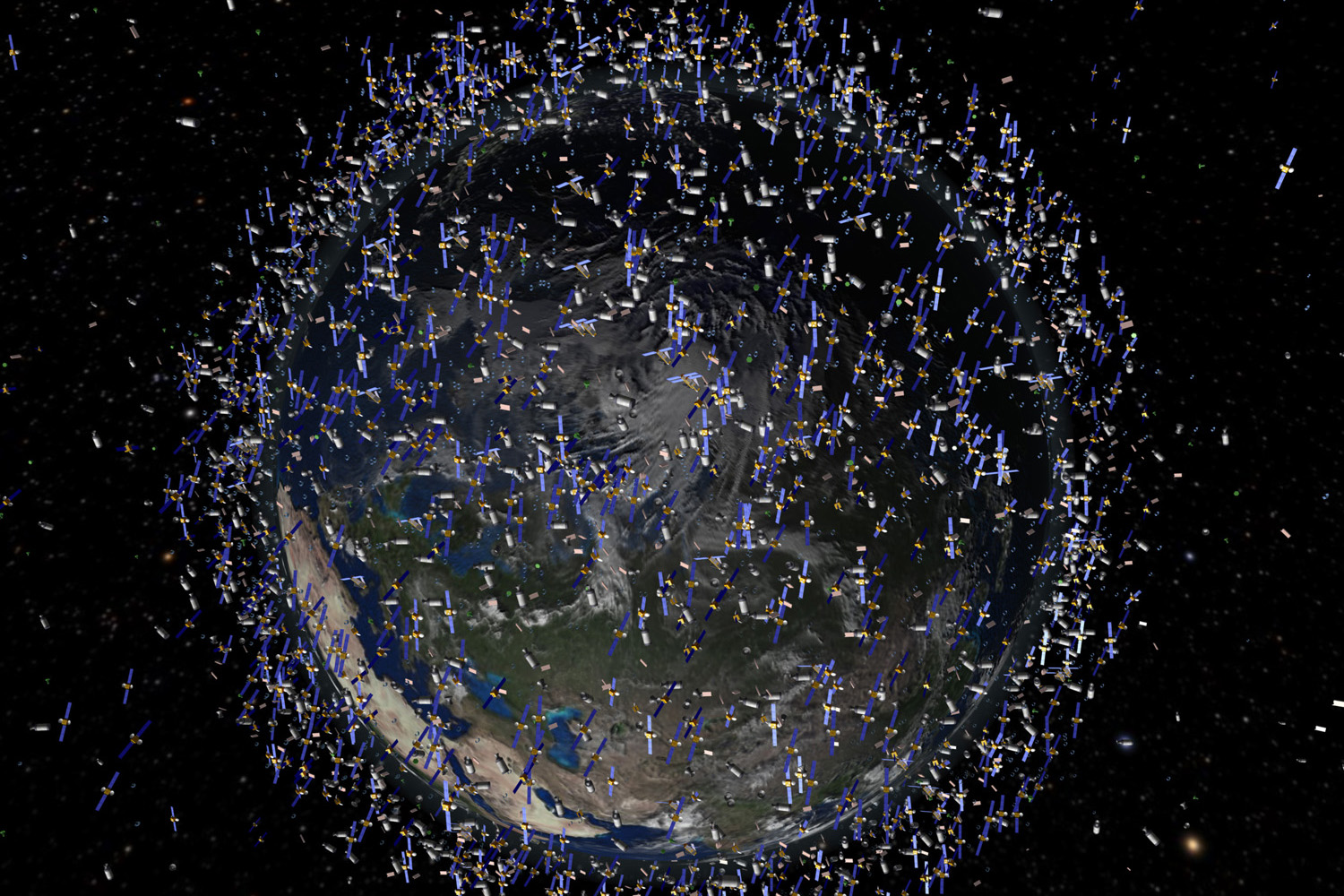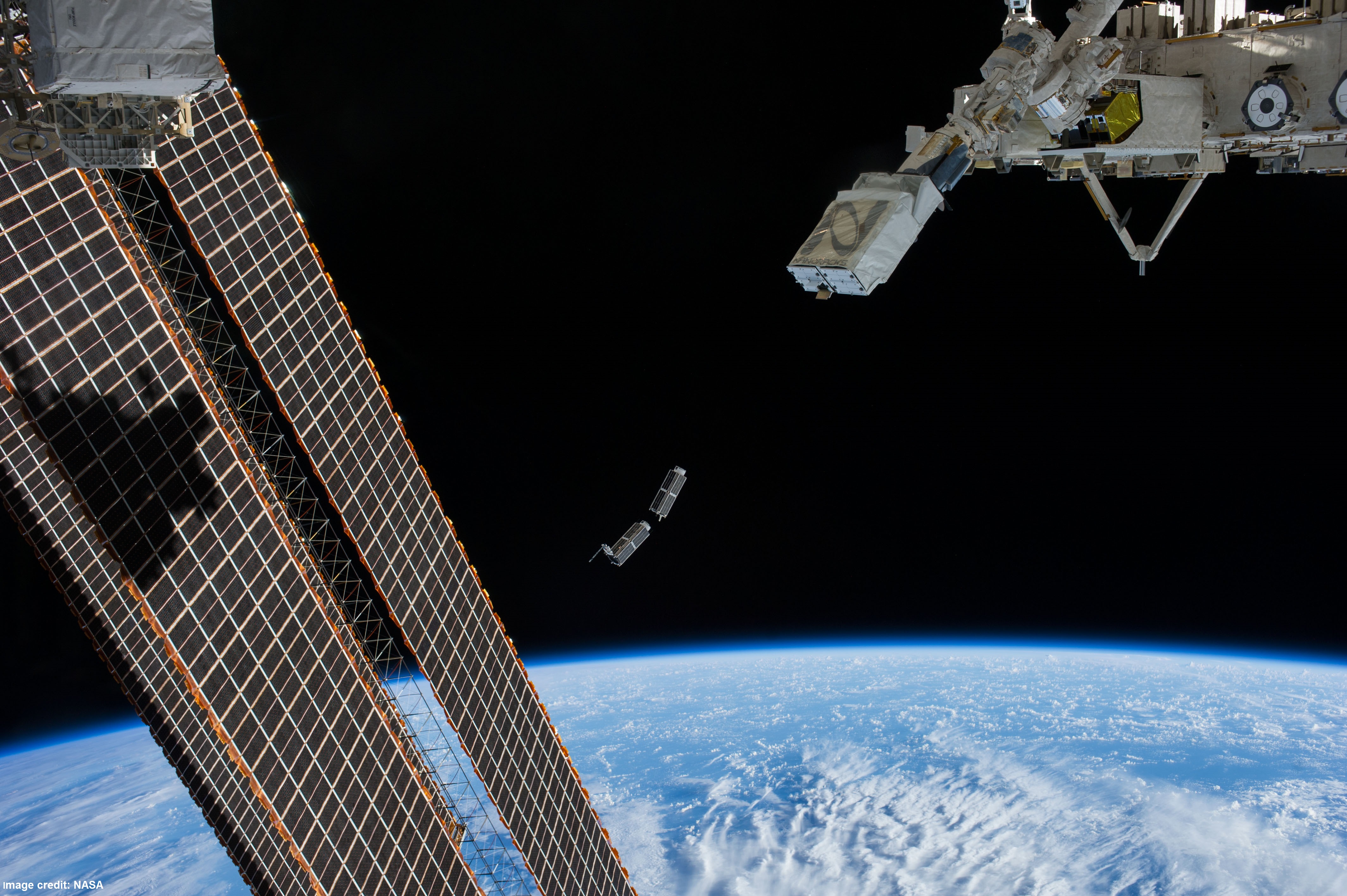Space Debris Mitigation Guidelines

The space sector was worth more than 330 Billion USD in 2017, with an average growth rate above 6%. Several analyses suggest that the sector would grow to about 1 trillion USD by 2040 (although other estimates predict a higher growth).
The progress in open data policies has made possible that many start-ups could benefit from space data for their applications, and space technologies are contributing to establishing a safer and more secure working environment, enabling the monitoring of lone workers.
The United Nations Office for Outer Space Affairs and the Committee on the Peaceful Uses of Outer Space, have brought forward topics concerning the sustainability of outer space activities, such activities on space debris and long term sustainability of outer space, to continue benefiting of space, as the province of all humankind.
KiboCUBE

On 11 May 2018 Kenya launched its first satellite. This satellite, successfully deployed from the Japanese experiment module "Kibo" of the International Space Station, made history as the first satellite launched with the support of the United Nations. This milestone was only made possible through an international collaboration between Governments, space agencies, academia and the United Nations Office for Outer Space Affairs, in its role as a capacity-builder and facilitator. Through the KiboCUBE programme (part of Access to Space for All), developing countries have the opportunity to become space-faring nations and consequently, add obtain another tool to add to their arsenal for the quest to achieve the SDGs, with special focus on the fight against poverty.
Following the Kenyan example, Mauritius was also selected to venture into satellite development through KiboCUBE. The first Mauritian satellite, the MIR-SAT1, will be deployed with the following vision:
-
To enhance access to space application tools for sustainable development in Mauritius through building capacity in basic satellite technology and creation of a collaborative network with renowned international space related agencies
-
To allow Mauritian authorities and universities to get acquainted with the legal and regulatory considerations and responsibilities related to satellite projects, as well as understand the deployment and operational requirements of such projects
-
To use the development of more sophisticated satellites in the future to support the needs of Small Island Developing States and of the African continent.
By gaining access to space technologies, developing countries can achieve a rate of gross domestic growth of 7% (or more for the least developed countries), along with higher levels of economic productivity through diversification, technological upgrading and innovation.

